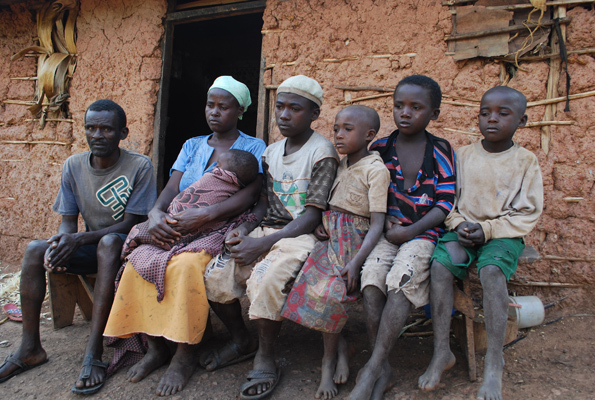There are no products in your shopping cart.
| 0 Items | £0.00 |

 INDONESIA'S human development and culture minister Muhadjir Effendy has called on members of the country's rich elite to marry those from low-income families as a means of addressing wealth distribution and combating poverty.
INDONESIA'S human development and culture minister Muhadjir Effendy has called on members of the country's rich elite to marry those from low-income families as a means of addressing wealth distribution and combating poverty.
Speaking at the National Health Work Meeting in Jakarta, Mr Muhadjir argued that such cross-class marriages can contribute to reducing the national poverty rate. He added that in Indonesia, the country with the world’s largest Muslim population, religious teachings on looking for an equivalent match for marriage had been often misinterpreted.
Mr Muhadjir said: “What happened if poor people are looking for other poor people for marriage? There will be more poor households and this is a problem in Indonesia."
Citing government data, the former education and culture minister said the number of poor households in the archipelago was roughly 5m. He said the increase in poverty was also in line with an increase of illnesses such as stunting, therefore, issuing a fatwa to require such cross-class marriages could be a solution.
He added: “The number of Indonesian households is 57.1m, 9.4% or 5m of which are categorised as poor. If added to the near-poor households, it is about 16.8% or about 15m households.”
In Indonesia, however, issuing a fatwa is not the duty of a religious affairs minister as fatwas are normally issued by Muslim organisations, including the Indonesian Ulema Council (MUI), after comprehensive studies by the Fatwa Commission or religious experts who have competence in the relevant areas. In addition to the fatwa, Mr Muhadjir also proposed a premarital certification programme, under which couples who were not yet economically stable but sought to get married must receive a pre-employment card.
Mr Muhadjir said that such a premarital programme, which he claimed had been implemented by several countries such as Korea, Malaysia and Singapore, would push down the rate of new poor families in Indonesia. Recently, the World Bank reported that approximately 115m Indonesians, representing 45% of the country’s population, have yet to achieve economic security and the lifestyle of the middle class.
However, the World Bank also mentioned that Indonesia had made progress reducing poverty over the past 15 years, pushing it down to less than 10% and the middle class had grown from 7% to 20% of the population during the period. At his inaugural speech in October last year, President Joko Widodo said that he had a vision to transform Indonesia into a developed country with a gross domestic product among the top five in the world and a near-zero percent poverty rate.